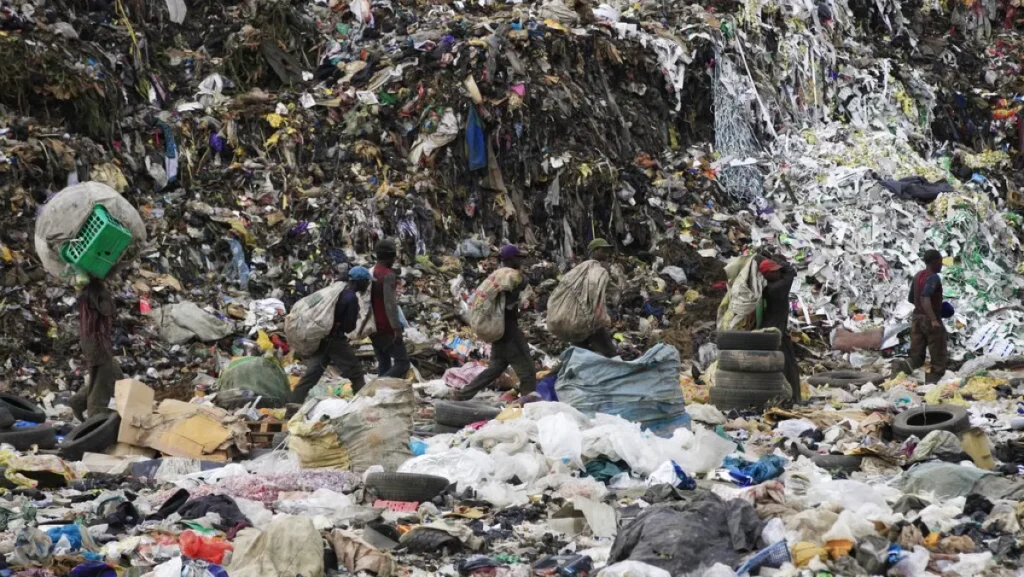Nigeria, one of the world’s top plastic polluters, is taking significant steps to address its plastic waste problem by banning single-use plastics, including straws, cutlery, plastic bottles, and water sachets. The country generates over 2.5 million tons of plastic waste annually, with over 70% ending up in the sea or landfills due to inadequate waste collection and limited recycling facilities.
The ban, initially implemented in national ministries, departments, and agencies, will be rolled out nationwide starting January next year. This decision follows alarming findings by the United Nations Environment Programme (UNEP) estimating that 50-60 million used water sachets are discarded daily in Lagos alone.
While the environmental benefits of the ban are clear, reducing greenhouse gas emissions from plastic production, the move has sparked criticism in Nigeria, a country heavily reliant on plastics. To support the transition, the government is drafting a new plastic use policy aimed at gradually eliminating plastic waste.
The environment ministry emphasised the importance of leading by example, hoping this initiative will inspire broader compliance and innovation in waste management practices across the nation.
